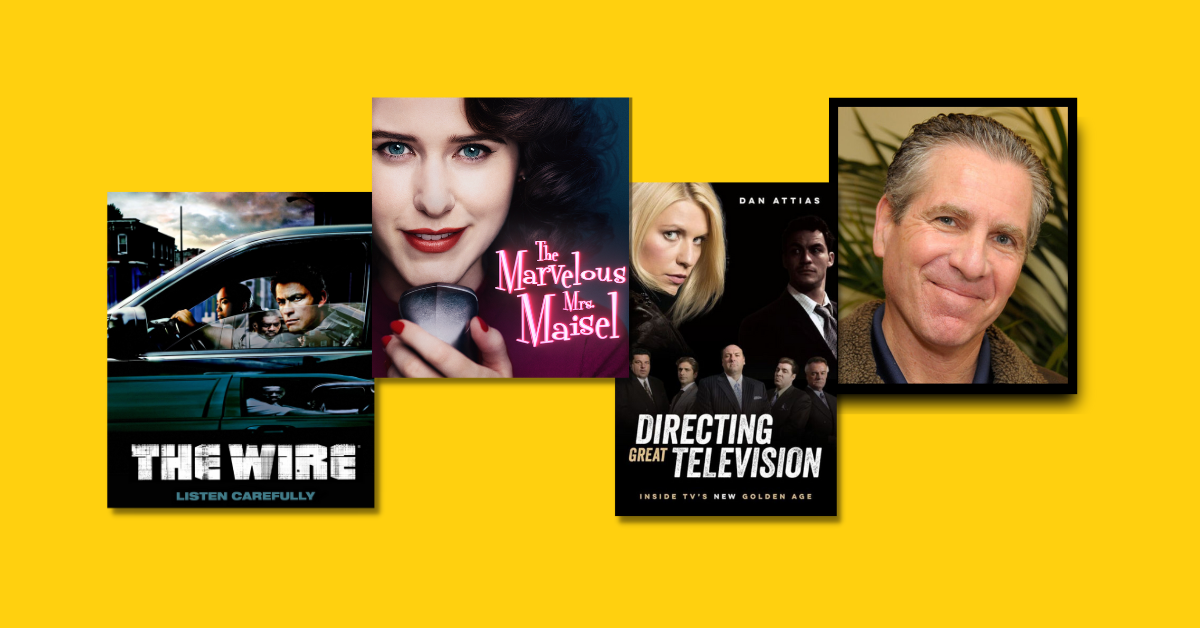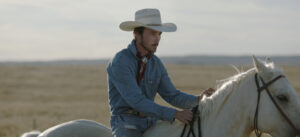Directing an episode of television and directing a feature film are, in many ways, identical jobs. In both formats, the director is the one in command of the set and assessing, moment to moment, how the story is working and how best to tell it. The biggest difference however is that the television director must blend their vision with that of the showrunner’s, not vice versa. While the director is empowered in many meaningful ways, the showrunner’s vision is the one that everyone serves. But that vision has to become your own, for you to bring your best directing skills to the work, with finding your connection to the material being your most important task.
While the script is, of course, a constant touchstone, it has to be interpreted. That is the director’s job. An audience’s experience of an episode comes from a wide variety of elements, not simply the story as written in the script. It’s the result of all the ways you have chosen to present the material, including, among many other things, the performances you’re able to draw from your actors, blocking and integrating those performances with one another, the camera work you supervise, and all the contributions from the various departments that seek your input and approval.
Though the job of guest director in series television can often feel like trying to make the best possible version of somebody else’s show, the answer to “How creative can the episodic director be?” is: very. The tightrope you walk is incorporating all that is important to the showrunner at the same timerach that you take responsibility for the storytelling, and find what’s compelling about it for you.



